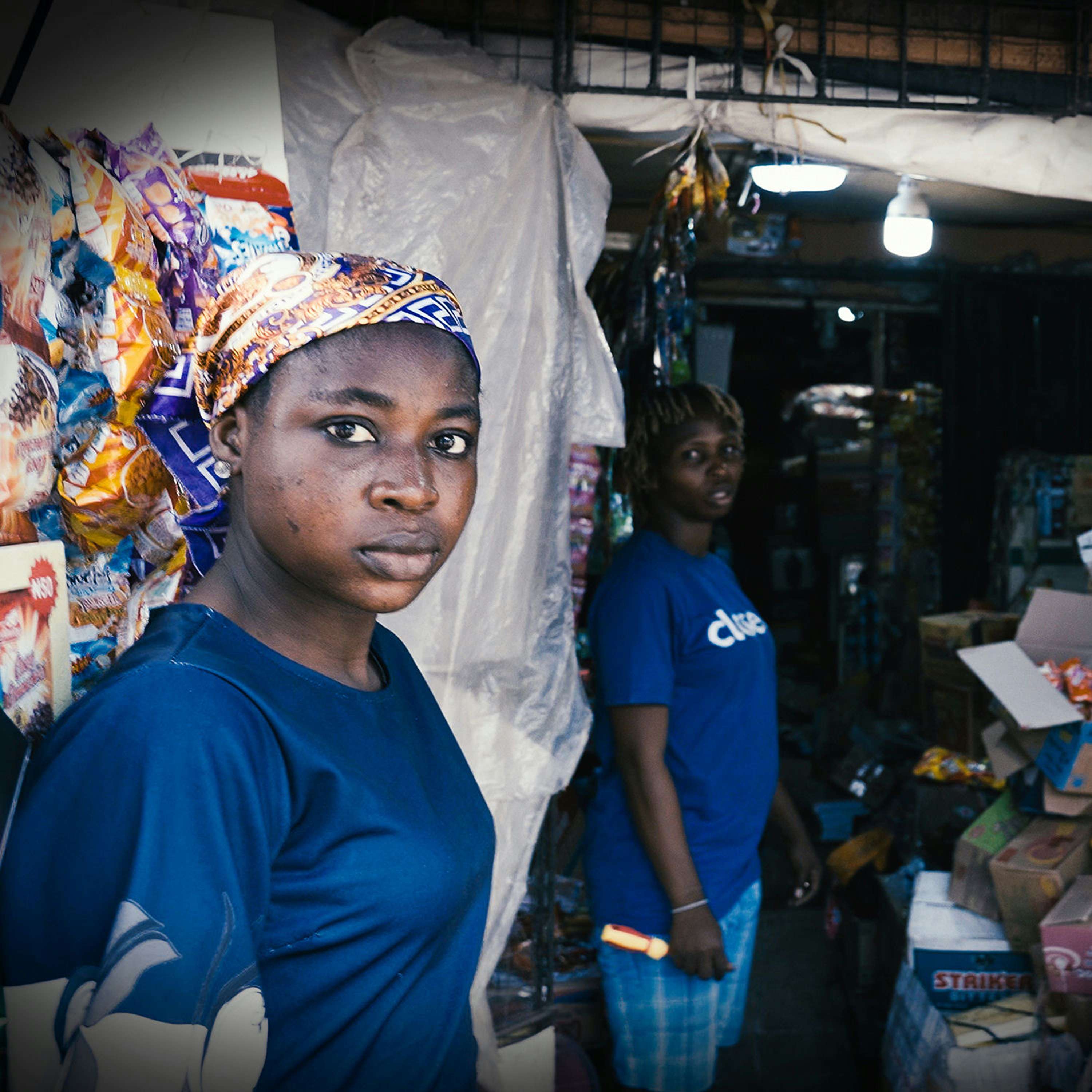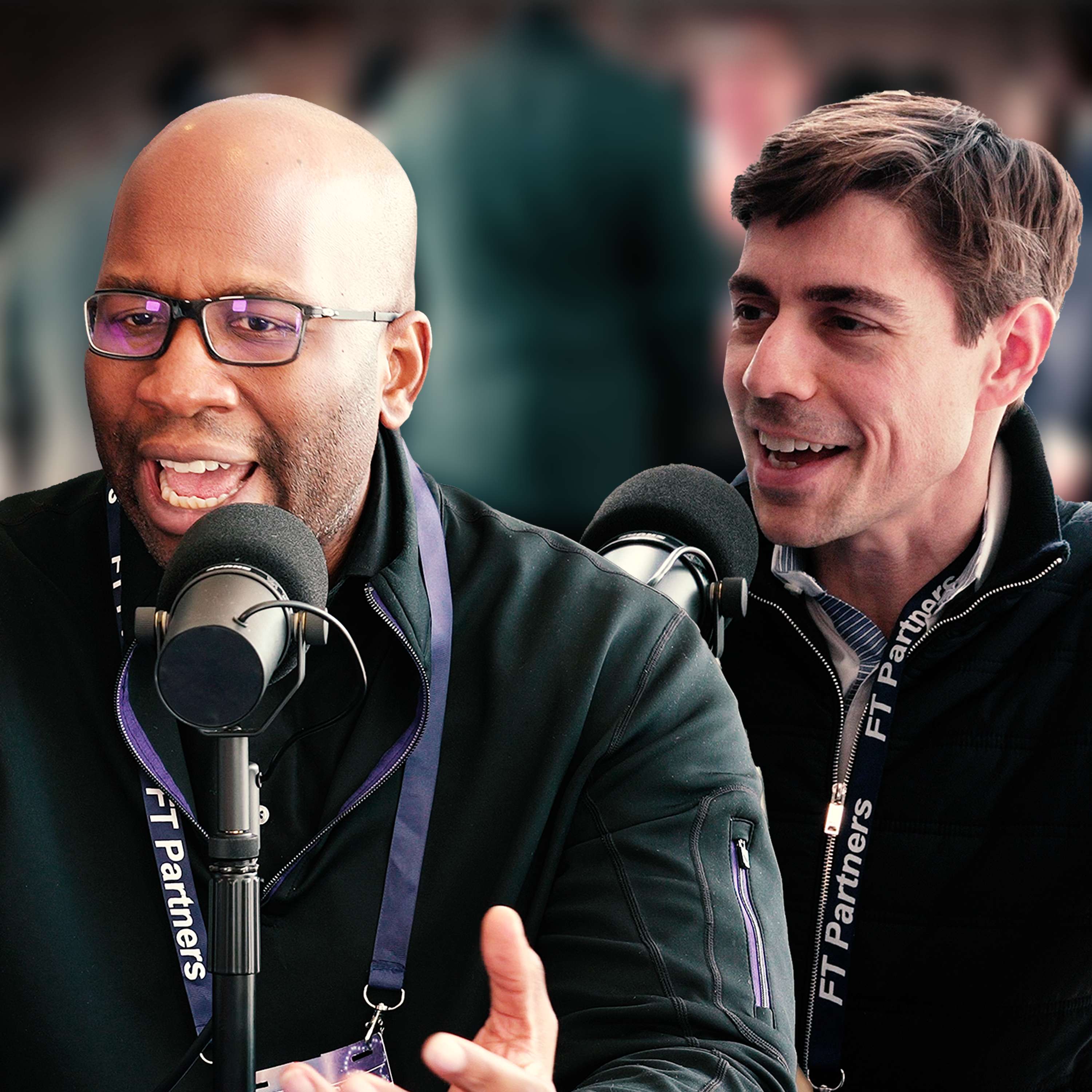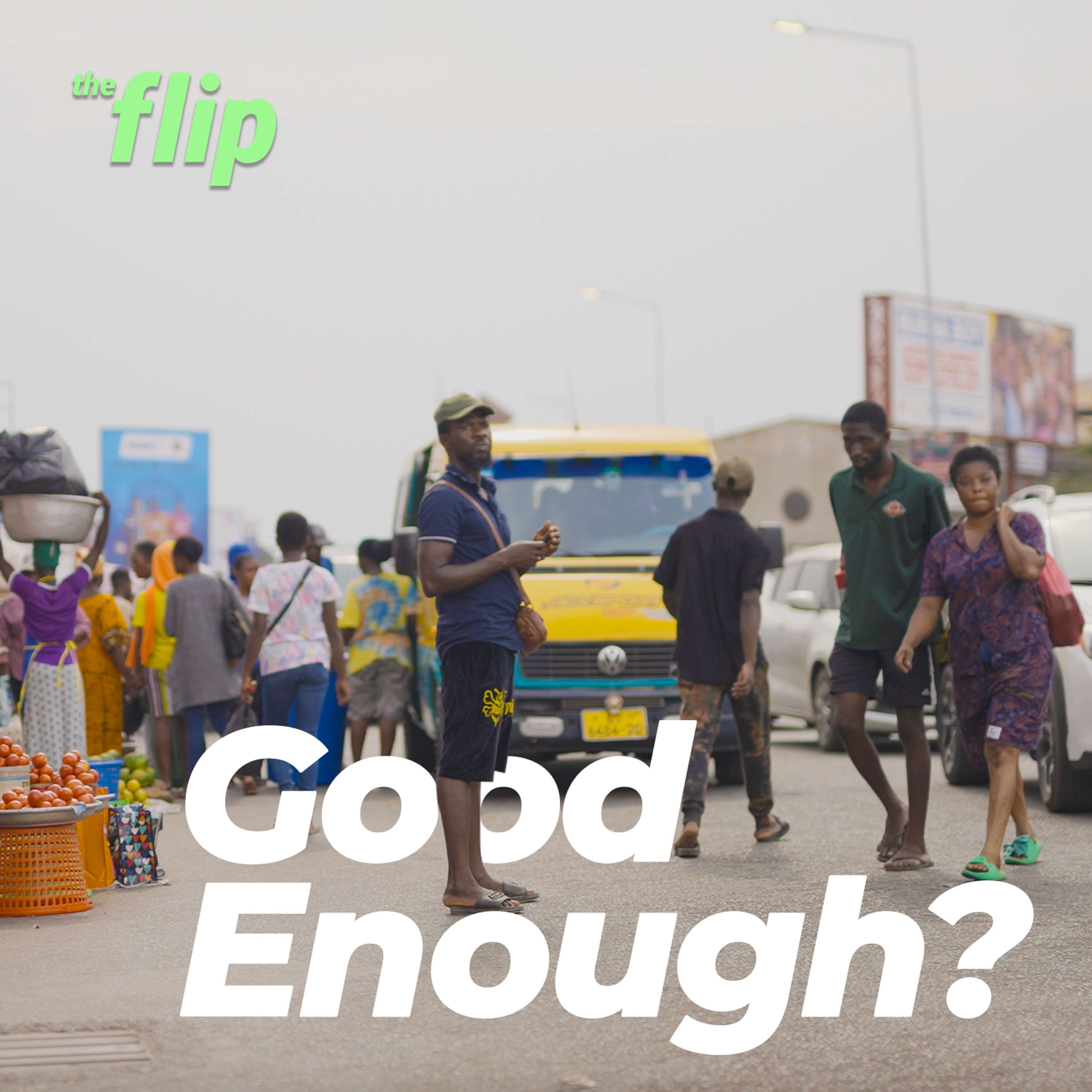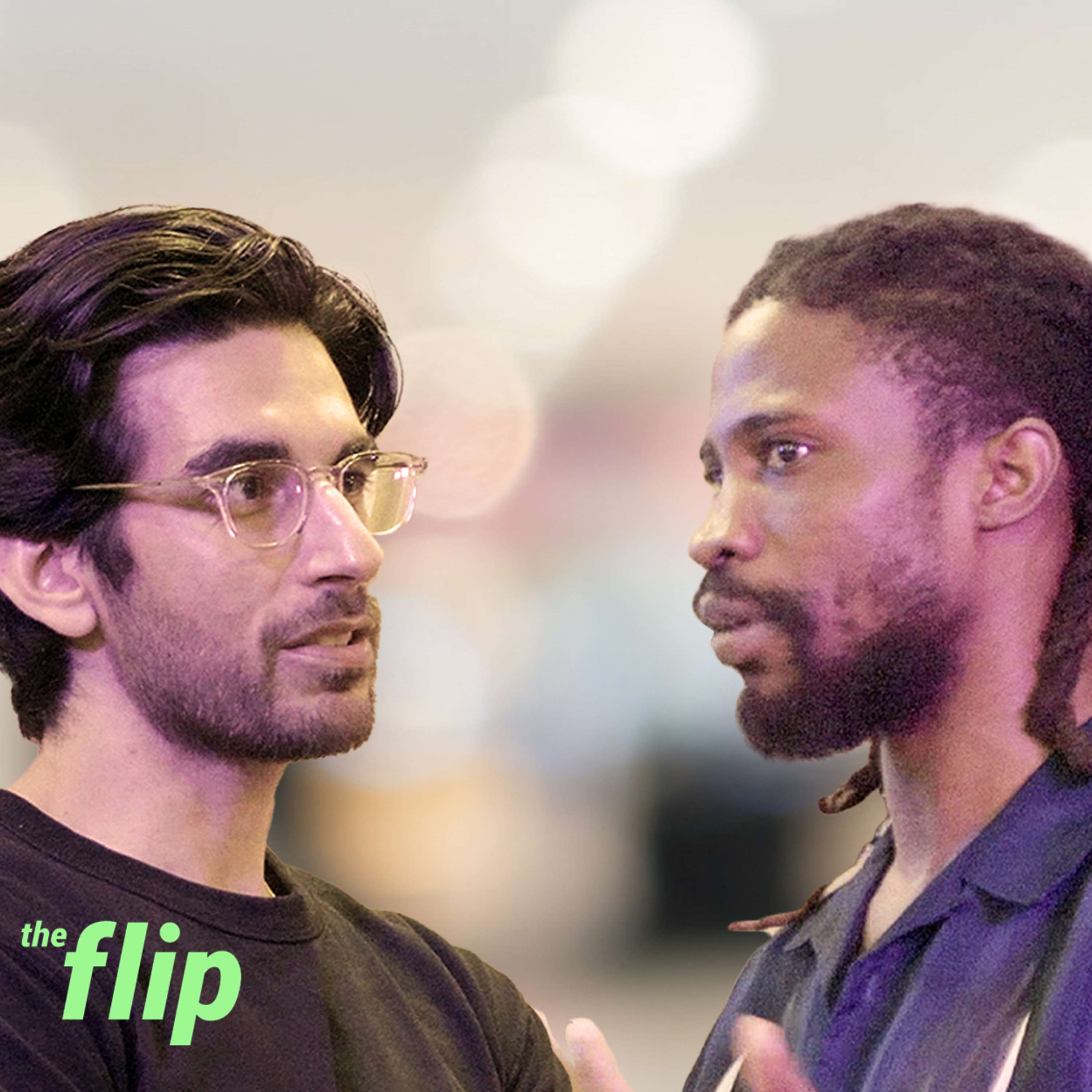The Ownership Economy
In this episode, we're going to explore web3 in the African context.The premise of web3 technology, and tools like NFTs, in particular, is that they can and perhaps will create new paradigms and economic models and that these models will have positive implications for creators and fans alike. And we believe that the decentralized and permissionless nature of web3 blockchains and protocols can have especially positive implications across Africa and emerging markets, as well. We're going to look at NFTs as a tool, and web3 as a technology and infrastructure that can create new and perhaps more beneficial and inclusive economic models than the status quo. In commemoration of this episode, we're also minting a collection of AI artwork entitled Dawn of Bugs, with Senegalese digital artist Linda Dounia. For more information on the collection, the artist, where to mint, and our thoughts on value in the NFT and African art context, check out What is the Value of African Art? NFTs and Web3 Experimentation. The collection, Dawn of Bugs, is available at reserve auction on Foundation.06:18 - Whenever there is a change in technology, like crypto and web3, there are ultimately new paradigms, as Seyi Taylor explains.10:09 - For Africans, in particular, new paradigms means a permissionless opportunity to participate in the global digital economy.12:36 - New paradigms allow for new communities and institutions, and new tools, like NFTs, that have the potential to create new economic models altogether.14:11 - The opportunity for creators, in particular, is to move from an advertising-based to a commerce-based business model. We hear from Visa's Head of Crypto, Cuy Sheffield. And NFTs can be important for black and African creators in the context of their historical experience as under-monetized and under-credited producers of culture.20:43 - We explore new communities and institutions like DAOs.25:19 - Why are Africans particularly interested in building new institutions? A conversation with The Flip's b-mic, Sayo Folawiyo.Select resources for this episode:The Flip's Crypto GlossaryWhy you can't just screenshot an NFT by Cleo AbramWho Disrupts the Disruptors? by Packy McCormickWhat Co-ops and DAOs Can Learn from Each Other by Austin RobeyNFTs and a Thousand True Fans by Chris DixonNFTs make the internet ownable by Jesse WaldenThe Web3 Renaissance: A Golden Age for Content by Li JinWho will own the creator economy? A web2 vs. web3 showdown by Justine MooreThis season is sponsored by MFS Africa.All this season, we’re exploring value chains. And in the payments value chain, no fintech has a wider reach on the continent than MFS Africa. Through their network of over 180 partners – MNOs, banks, NGOs, fintechs, and global enterprises – MFS Africa’s API hub makes connects over 320 million mobile wallets across 30+ countries in Africa.

30m






















































